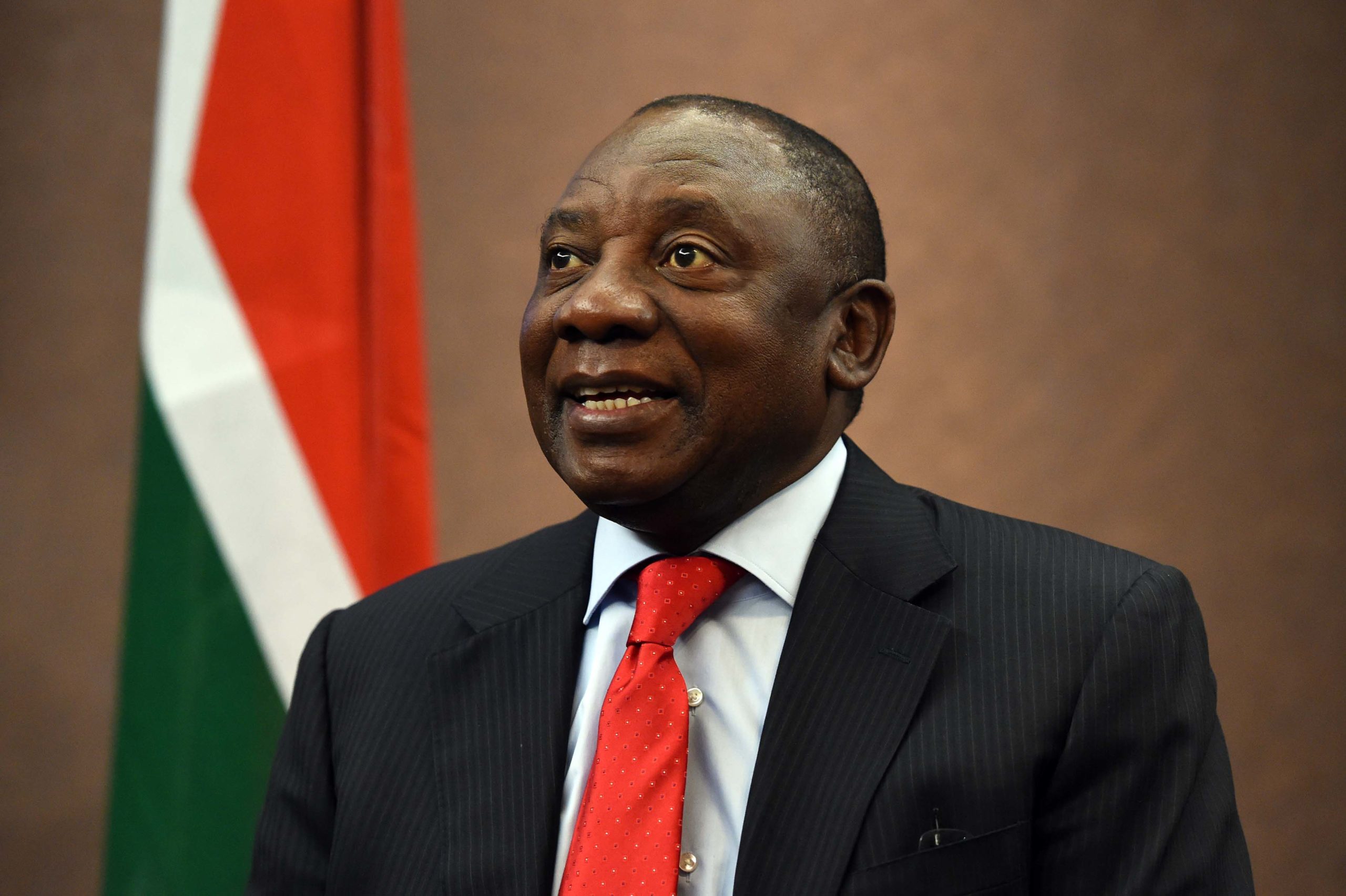- South Africa Will Recover from Economic Recession Soon Says President Ramaphosa
South Africa will soon recover from recession, President Cyril Ramaphosa said on Thursday in his first reaction to news that undermines his effort to revive the economy and attract investment after a decade of stagnation.
Ramaphosa staked his reputation on economic revival when he took over in February from Jacob Zuma, whose tenure was plagued by scandal, and investors welcomed his accession to power in part due to his strong ties to the business community.
Ratings agency Moody’s said the slide into recession in the second quarter would exacerbate fiscal and monetary challenges. It said weaker-than-expected economic data was “credit negative”.
Data on Thursday showed the current account deficit narrowed to 3.3 percent of gross domestic product in the second quarter, from a revised 4.6 percent in the first quarter. The rand extended its gains to more than 1 percent stronger on the news.
The deficit figure was slightly smaller than the 3.4 percent deficit analysts polled by Reuters had expected, a much-needed boost for after data this week showed the economy slipped into recession for the first time since 2009.
In his first comments on the recession, Ramaphosa said the setbacks were temporary.
“All these things that are happening now are transitional issues that are going to pass,” Ramaphosa was quoted by local news agency Eyewitness News as saying.
“I will be meeting with the business community soon, so that we rally everyone together and pull our country out of the situation that we are in,” added Ramaphosa, who was attending a China-Africa summit in Beijing when the data was released.
South Africa needs faster economic growth to reduce its 27 percent unemployment rate and alleviate poverty and inequality, both of which stoke instability.
The ruling African National Congress (ANC) has made repeated pledges to improve the economy. Unemployment is a key concern for voters ahead of elections next year.
MOODY’S WARNING
The rand has slumped as much as 5 percent against the dollar this week and government bonds have sold off steeply, also hurt by the turmoil on Turkish and Argentinian financial markets.
“This weaker-than-expected economic performance will exacerbate fiscal and monetary challenges, a credit negative,” Moody’s said in a statement on the weaker GDP figures.
The agency is the last of the “big three” international agencies to rate South Africa’s long-term foreign-currency debt investment grade.
While releasing the current account data, the Reserve Bank, which meets on Sept. 20 to decide on interest rates, said the improved current and trade account figures were due to higher value and volume of merchandised exports.
“South Africa’s terms of trade (including gold) improved in the second quarter of 2018 as the rand price of exports, including gold, increased at a faster pace than that of imports,” the central bank said in a statement.
Several foreign banks have slashed their growth forecasts for South Africa to less than 1 percent this year.
“Moody’s has pointed out that the task of fiscal consolidation is going to get harder, but I don’t think they’ll change our credit rating yet,” said portfolio manager Wayne McCurrie at First National Bank.
“A narrow current account helps. Any good news in this environment is really good news.”

 News3 weeks ago
News3 weeks ago
 Business3 weeks ago
Business3 weeks ago
 Technology3 weeks ago
Technology3 weeks ago
 Investment3 weeks ago
Investment3 weeks ago
 Banking Sector3 weeks ago
Banking Sector3 weeks ago
 Banking Sector3 weeks ago
Banking Sector3 weeks ago
 Appointments3 weeks ago
Appointments3 weeks ago
 Investment3 weeks ago
Investment3 weeks ago





























